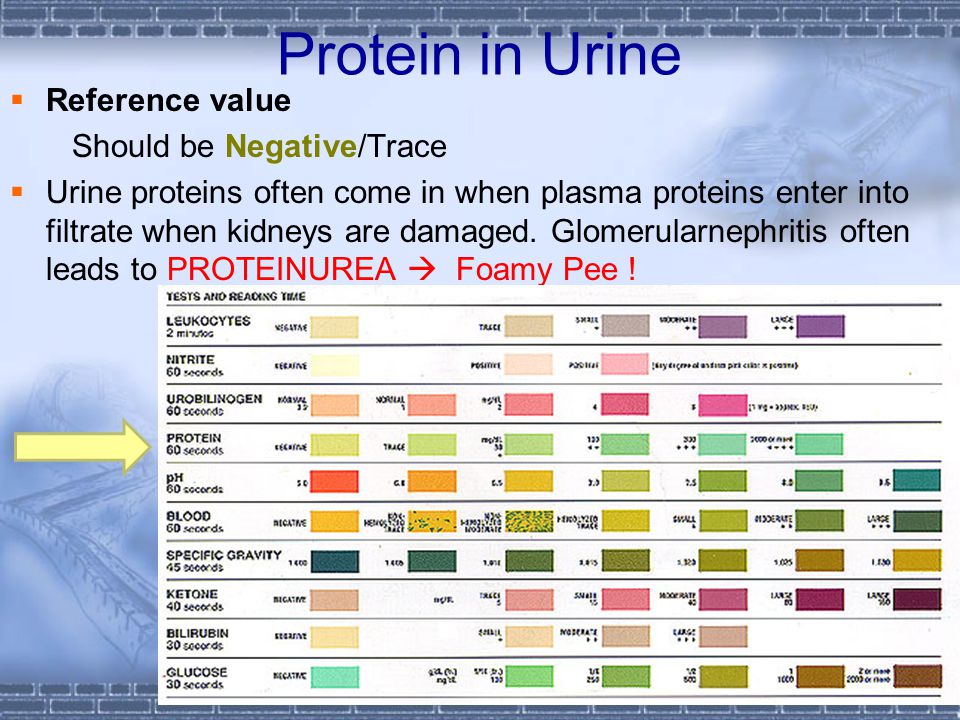what does 5 trace ketones in urine mean Urine trace urinalysis intact negative diseases mayoclinic
Ketones in Urine (Ketonuria) – Clinical Importance, How to Perform Test
The Clinical Importance of Ketones in Urine (Ketonuria)
When it comes to assessing the overall health of an individual, urine tests play a crucial role in providing valuable insights. One such aspect that is often evaluated is the presence of ketones in the urine, also known as ketonuria. It is important to understand the clinical importance of this condition and how to perform the necessary tests to detect it.
 Ketones are substances that are produced by the liver when the body breaks down fat for energy. Under normal circumstances, the body primarily relies on glucose for energy production. However, in certain situations such as prolonged fasting, uncontrolled diabetes, or low carbohydrate intake, the body begins to produce ketones as an alternative fuel source.
Ketones are substances that are produced by the liver when the body breaks down fat for energy. Under normal circumstances, the body primarily relies on glucose for energy production. However, in certain situations such as prolonged fasting, uncontrolled diabetes, or low carbohydrate intake, the body begins to produce ketones as an alternative fuel source.
Although the presence of ketones in the urine can be an indicator of various underlying conditions, it is most commonly associated with diabetic ketoacidosis (DKA). DKA is a potentially life-threatening complication of diabetes that occurs when there is a lack of insulin in the body, leading to high blood sugar levels and increased production of ketones. Regular monitoring of ketones in urine can help individuals with diabetes detect and manage this condition effectively.
Performing a Ketone Urine Test
Performing a ketone urine test is relatively simple and can be done at home or in a healthcare setting. The following steps outline the process:
- Start by thoroughly washing your hands to ensure cleanliness during the test.
- Collect a fresh urine sample in a clean container. It is essential to use a sterile container to avoid any contamination.
- Using a ketone test strip, dip it into the urine sample and ensure that it is fully immersed for a few seconds. Follow the instructions provided with the test strip regarding the duration.
- After the specified time, remove the strip from the urine sample and gently shake off any excess liquid.
- Compare the color change on the test strip with the color chart provided. Each color on the chart corresponds to a certain level of ketones in the urine.
- Record the result accurately, noting the specific level indicated by the color on the chart.
 Trace Intact Blood Urine: Urine Test Definition, Disease Detection, and
Trace Intact Blood Urine: Urine Test Definition, Disease Detection, and
The Significance of Trace Intact Blood Urine
During routine urine tests, the presence of intact blood in the urine can be of significant concern. While the amount may be minuscule, it is essential to identify the underlying causes and determine the appropriate course of action.
The detection of intact blood in the urine, also known as hematuria, can be indicative of various conditions, ranging from minor issues to more serious health problems. It is crucial to understand the potential causes and seek appropriate medical attention for further evaluation and diagnosis.
Some common causes of trace intact blood in the urine include urinary tract infections (UTIs), kidney stones, bladder or kidney infections, trauma or injury to the urinary tract, and certain kidney diseases such as glomerulonephritis. In some cases, the presence of intact blood may also be an early indicator of more severe conditions such as urinary tract cancers.
Identifying Trace Intact Blood in Urine
The detection of trace intact blood in urine can be done through routine urine tests carried out in healthcare settings. A urine sample is collected, and various parameters are assessed, including the presence of intact blood cells. The results are typically reported as negative, trace, small, moderate, or large, depending on the amount of intact blood detected.
It is important to note that even a trace amount of intact blood should not be ignored, as it can be a sign of underlying problems. Further investigation is essential to determine the cause and appropriate treatment plan.
In conclusion, urine tests provide valuable insights into an individual’s health status. Detecting the presence of ketones in urine (ketonuria) can be vital in managing diabetes and preventing diabetic ketoacidosis. Similarly, identifying trace intact blood in urine (hematuria) helps in identifying potential urinary tract infections, kidney stones, or more serious conditions. Regular monitoring and timely medical intervention are crucial for maintaining good health.
If you are looking for Ketones in Urine (Ketonuria) - Clinical importance, How to perform test you’ve visit to the right place. We have 5 Pics about Ketones in Urine (Ketonuria) - Clinical importance, How to perform test like Ketones in Urine: All You Need to Know | H.V.M.N. Blog, Ketones in Urine (Ketonuria) - Clinical importance, How to perform test and also Ketones in Urine (Ketonuria) - Clinical importance, How to perform test. Read more:
Ketones In Urine (Ketonuria) - Clinical Importance, How To Perform Test
 andrijailic.comKetones In Urine: All You Need To Know | H.V.M.N. Blog
andrijailic.comKetones In Urine: All You Need To Know | H.V.M.N. Blog
 hvmn.comurine ketones ketone ketosis hvmn ketozila
hvmn.comurine ketones ketone ketosis hvmn ketozila
Pourquoi Les Ketostix NE MARCHENT PAS! | DIETE CETOGENE, Fitness Et
 superketo.frketone urine ketones ketostix bandelette marchent pee acetone
superketo.frketone urine ketones ketostix bandelette marchent pee acetone
Trace Intact Blood Urine: Urine Test Definition, Disease Detection, And
 elispot.bizurine trace urinalysis intact negative diseases mayoclinic
elispot.bizurine trace urinalysis intact negative diseases mayoclinic
Ketones In Urine: What Does It Mean? - Keto Science
 ketogenic.comketones urine ketogenic
ketogenic.comketones urine ketogenic
Ketones in urine (ketonuria). Ketone urine ketones ketostix bandelette marchent pee acetone. Trace intact blood urine: urine test definition, disease detection, and